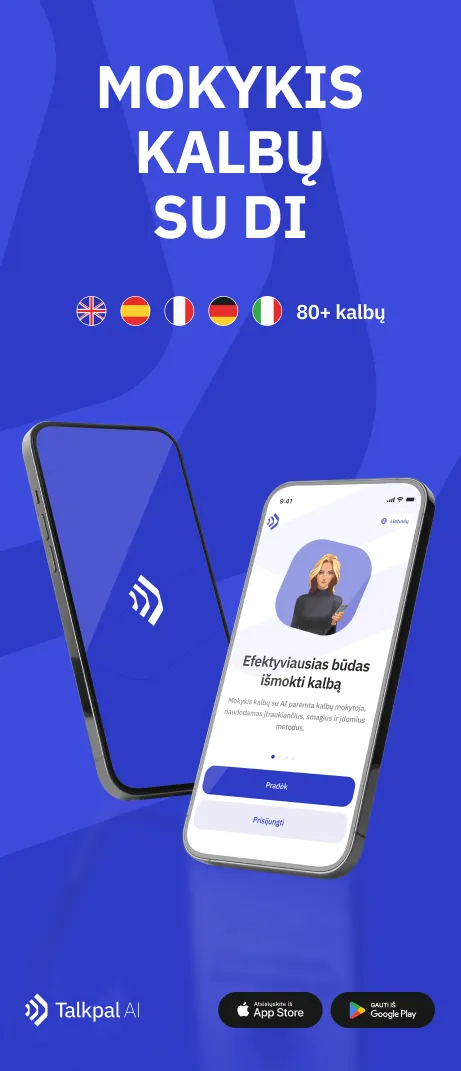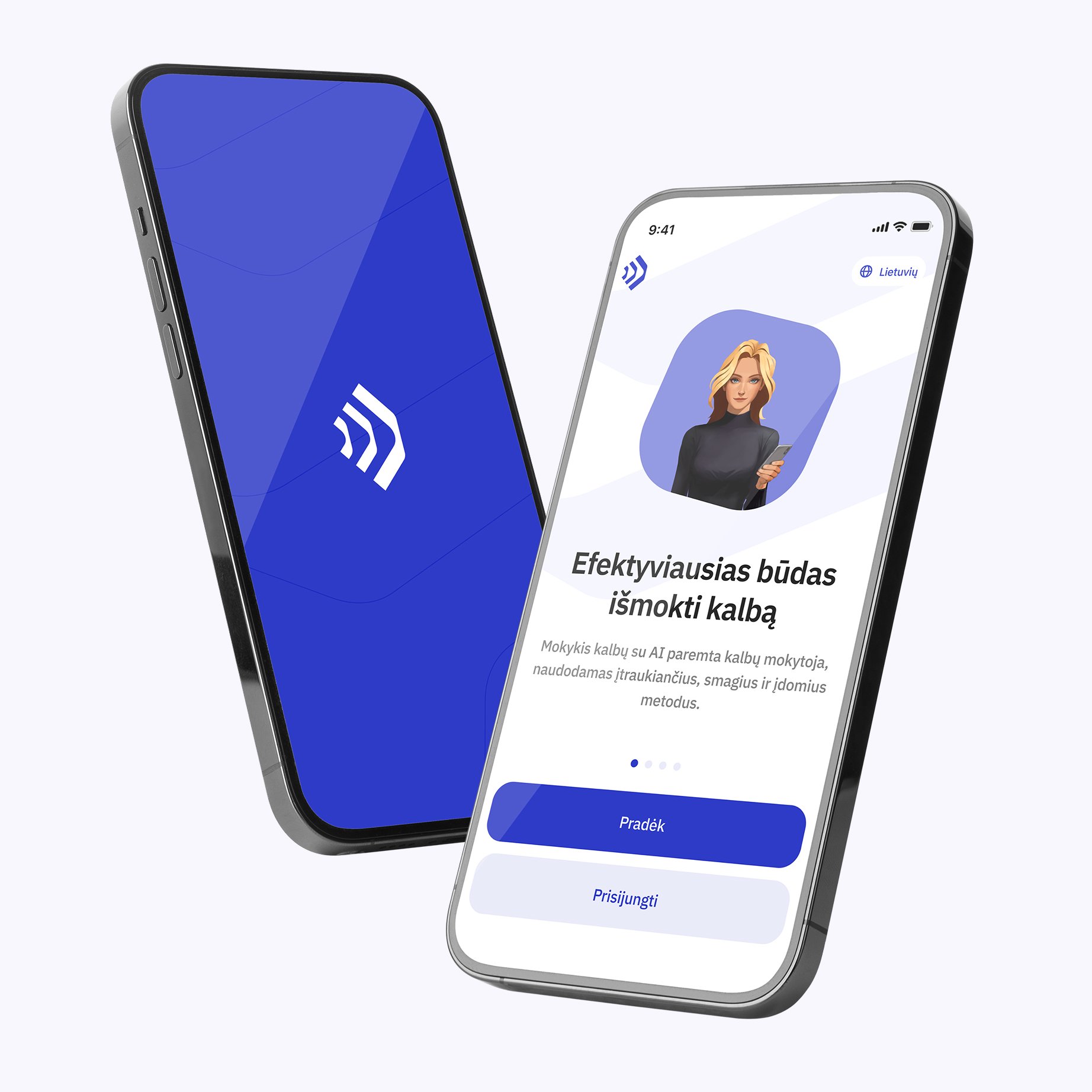Klausimų žymės – paprasti teiginiai
2. She likes coffee, *doesn’t she*? (Veiksmažodis „like“ esamojo laiko 3 asmenyje)
3. They have finished their homework, *haven’t they*? (Pagalbinis veiksmažodis „have“)
4. He can swim well, *can’t he*? (Modalinis veiksmažodis „can“)
5. We will meet tomorrow, *won’t we*? (Pagalbinis veiksmažodis „will“)
6. It is raining outside, *isn’t it*? (Pagalbinis veiksmažodis „to be“)
7. You didn’t see the movie, *did you*? (Neigiamas praeities veiksmažodis „did“)
8. She hasn’t called yet, *has she*? (Neigiamas pagalbinis veiksmažodis „has“)
9. They are playing football, *aren’t they*? (Pagalbinis veiksmažodis „to be“)
10. He doesn’t like spinach, *does he*? (Neigiamas veiksmažodis „do“ esamuoju laiku)
Klausimų žymės – sudėtingesni sakiniai
2. She was at the meeting, *wasn’t she*? (Pagalbinis veiksmažodis „to be“ praeityje)
3. They didn’t come to school, *did they*? (Neigiamas praeities veiksmažodis „did“)
4. He won’t be late, *will he*? (Neigiamas modalinis veiksmažodis „will“)
5. We can start now, *can’t we*? (Modalinis veiksmažodis „can“)
6. It hasn’t snowed yet, *has it*? (Neigiamas pagalbinis veiksmažodis „has“)
7. You should help her, *shouldn’t you*? (Modalinis veiksmažodis „should“)
8. She wasn’t feeling well, *was she*? (Neigiamas pagalbinis veiksmažodis „to be“ praeityje)
9. They have been working hard, *haven’t they*? (Pagalbinis veiksmažodis „have“)
10. He doesn’t understand the problem, *does he*? (Neigiamas veiksmažodis „do“ esamuoju laiku)










